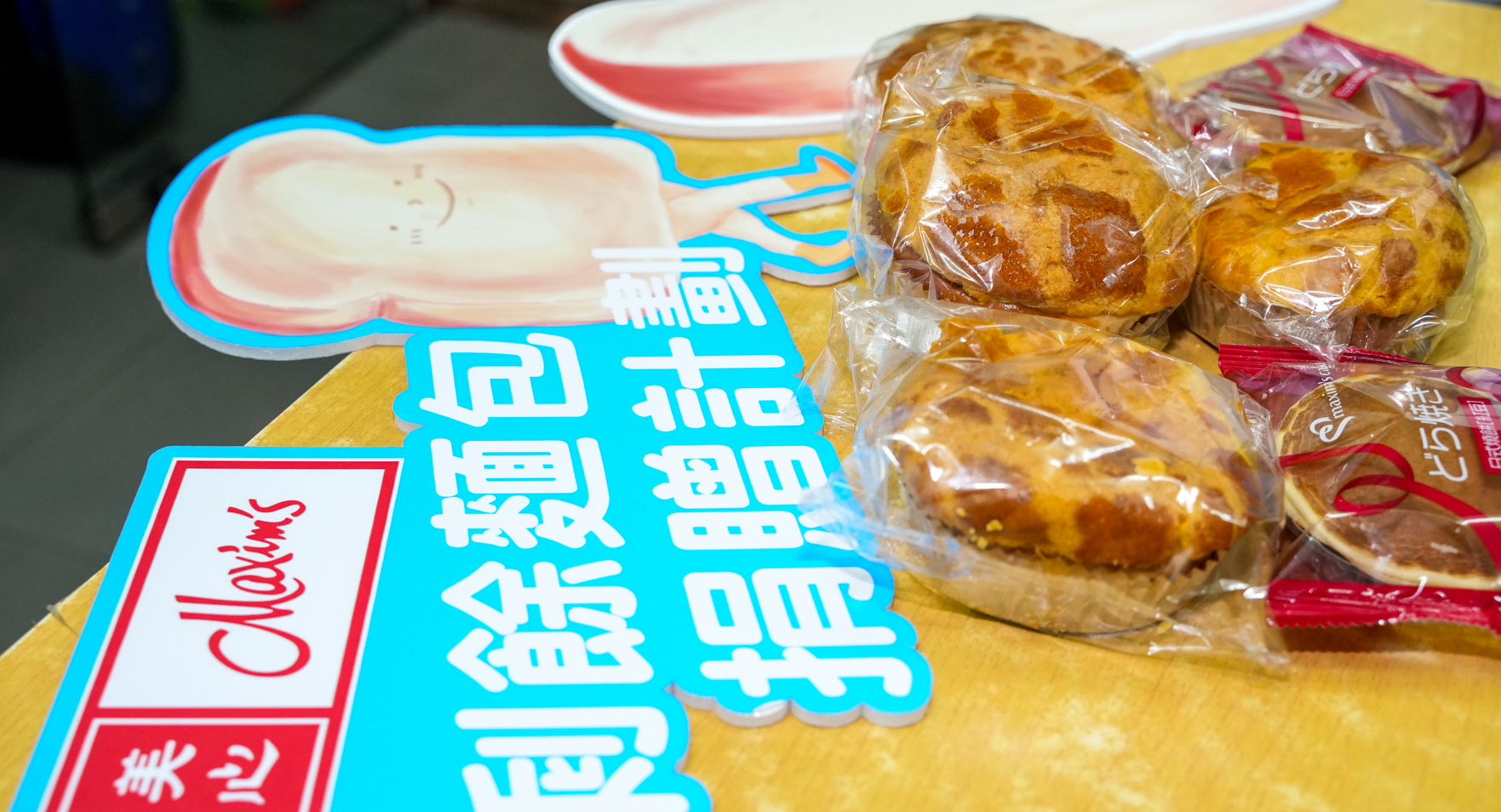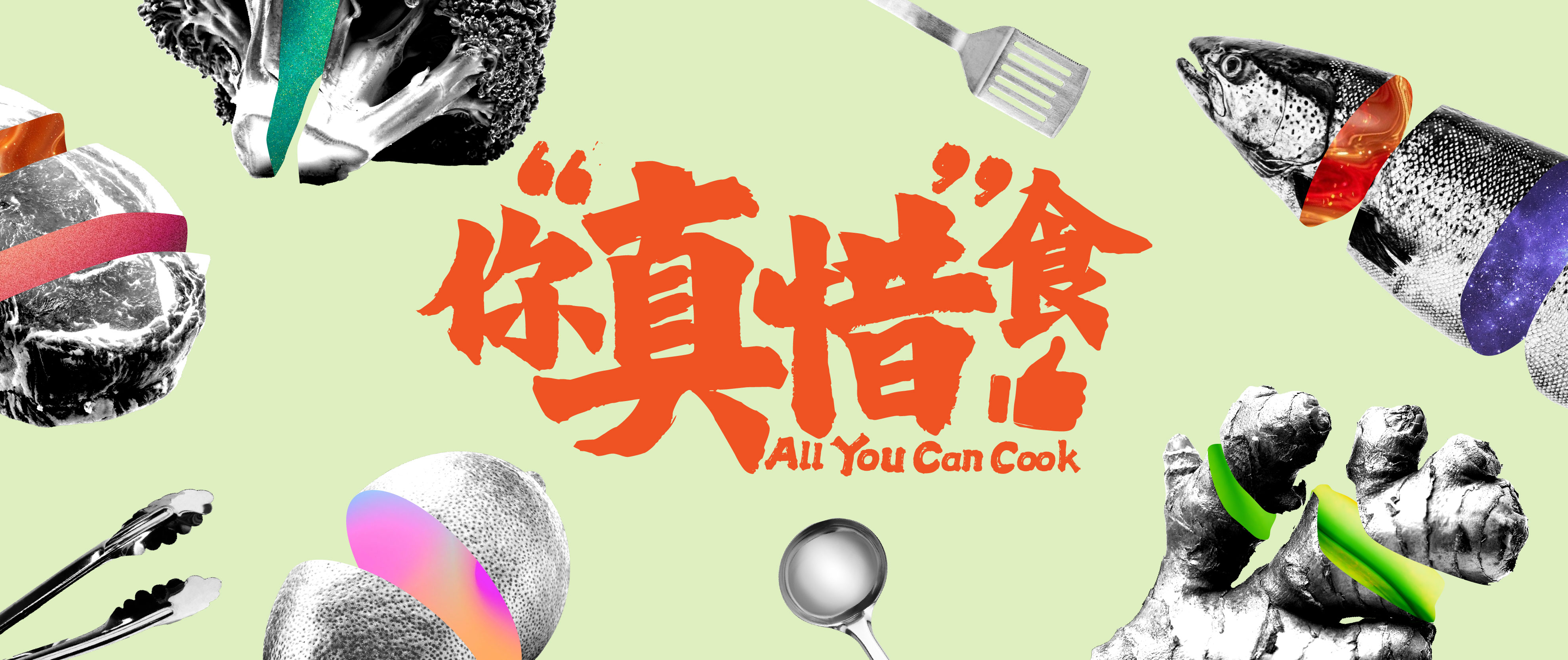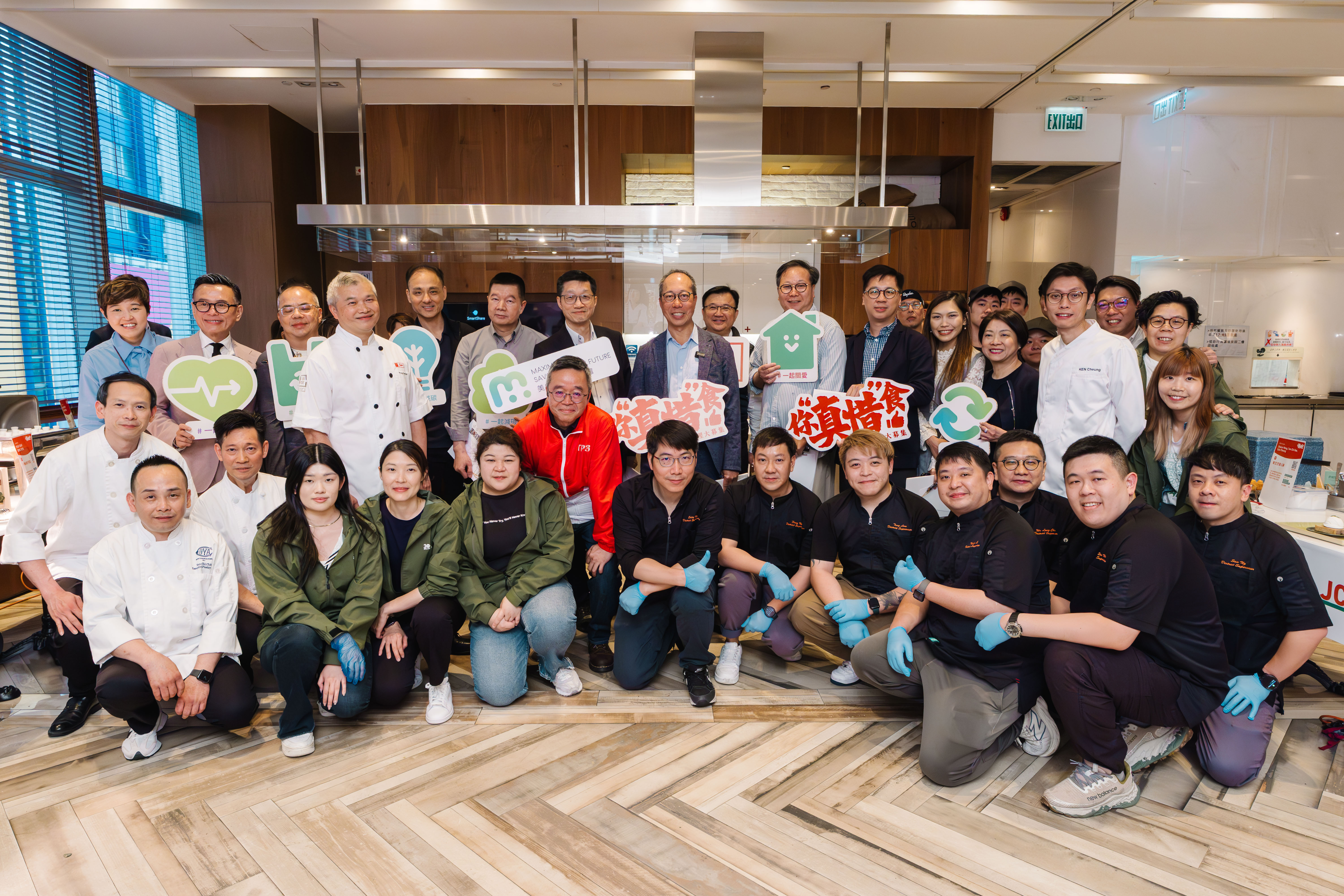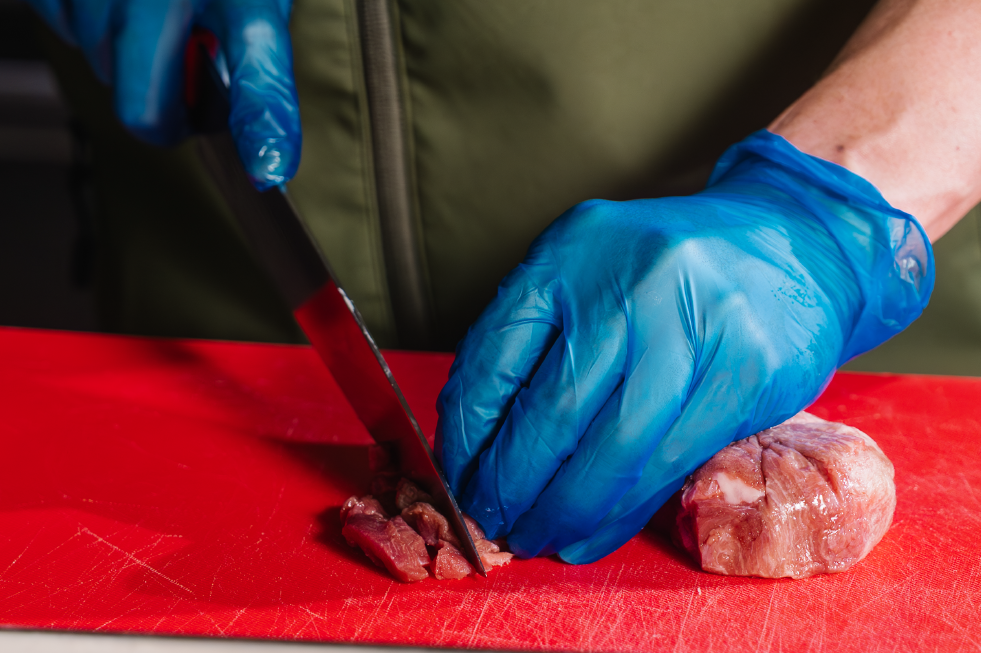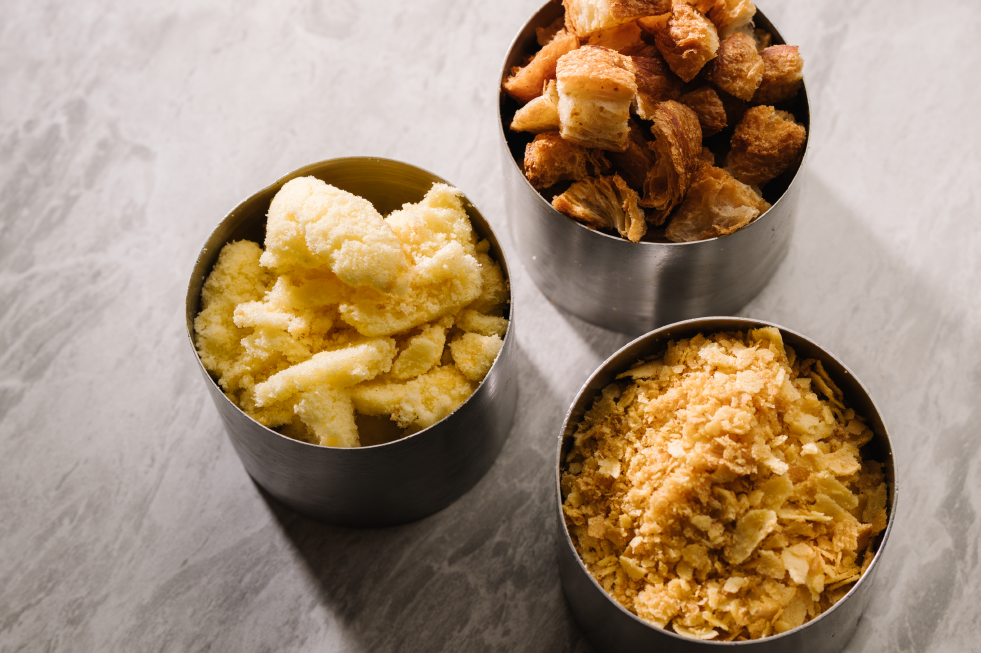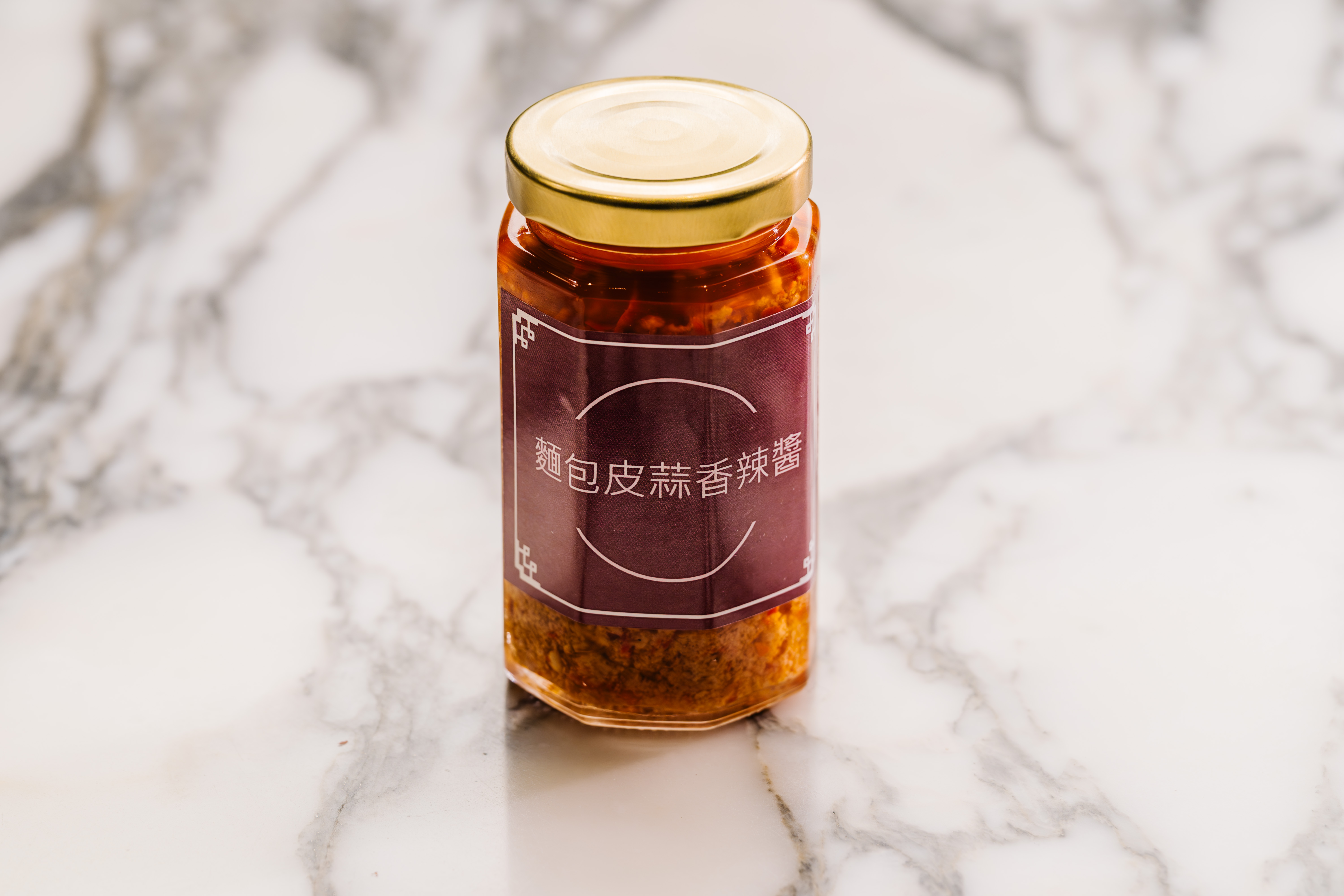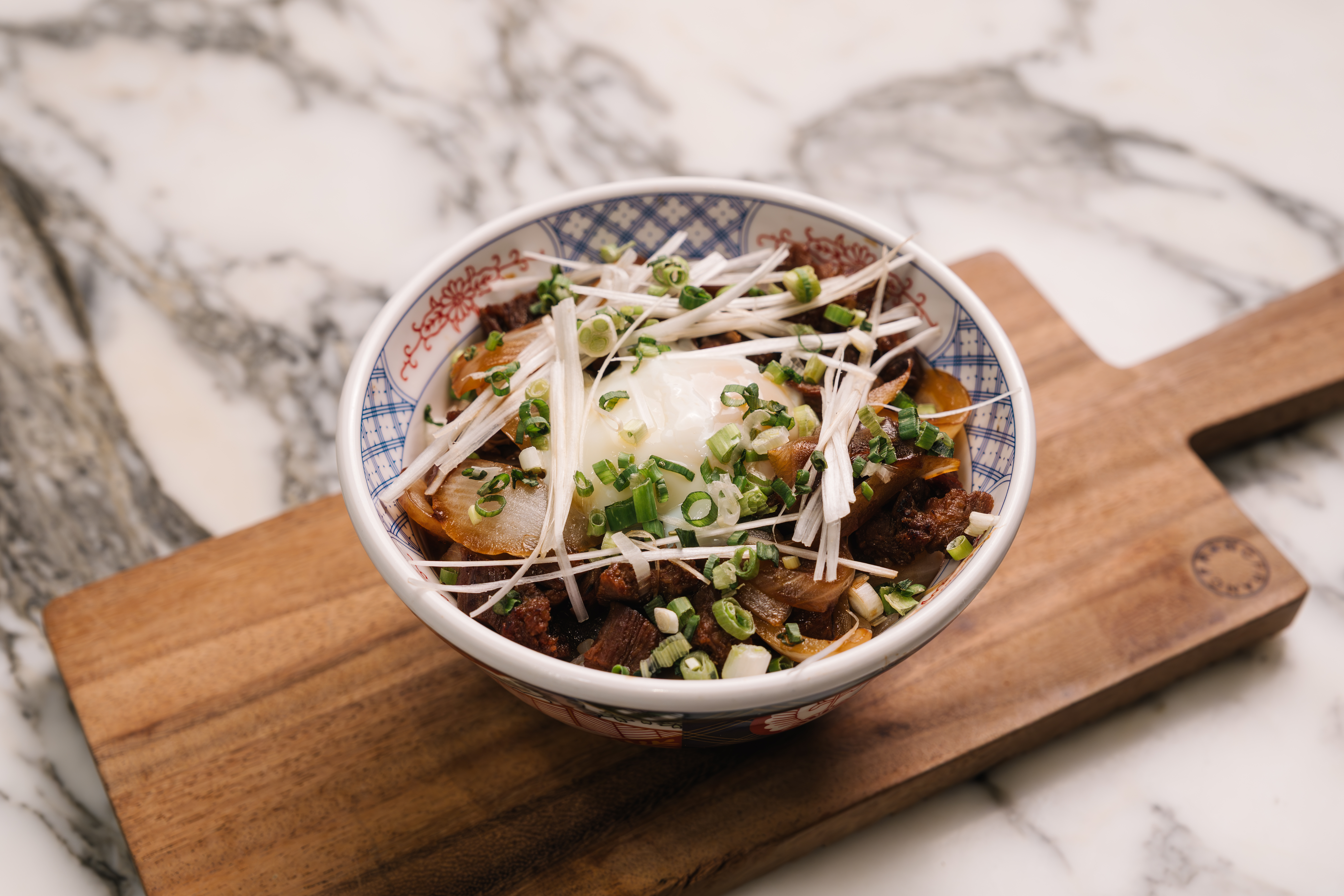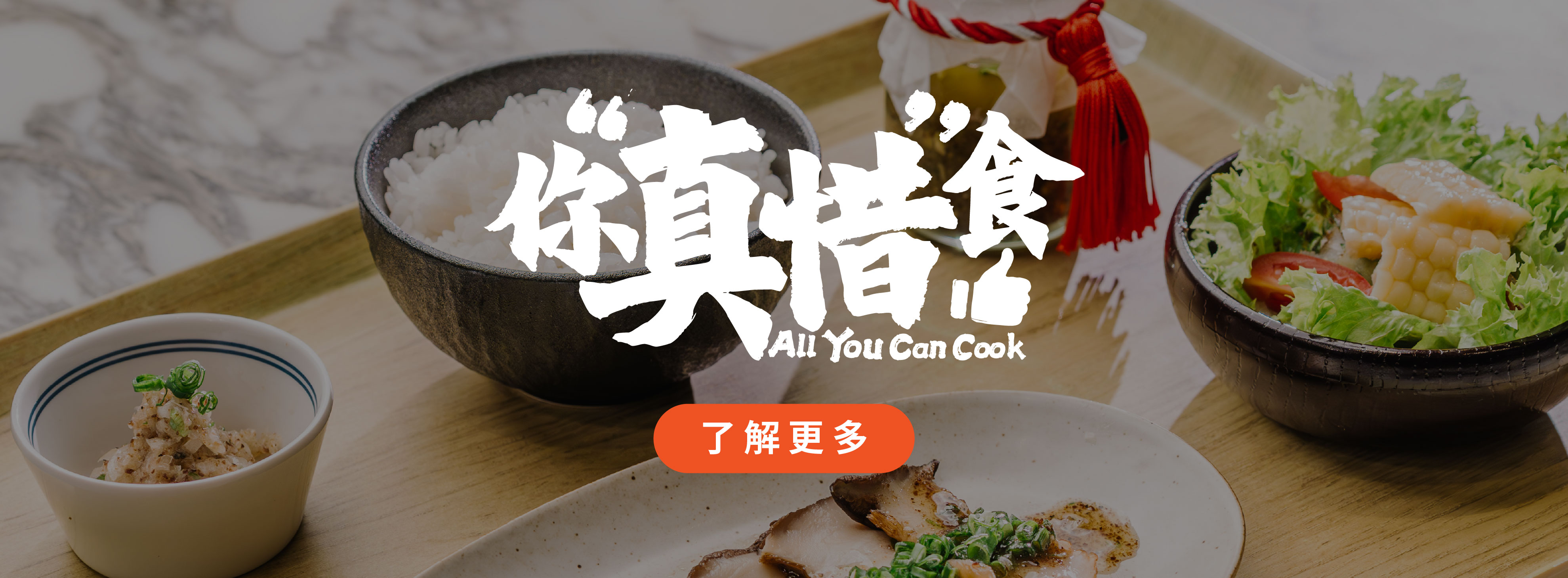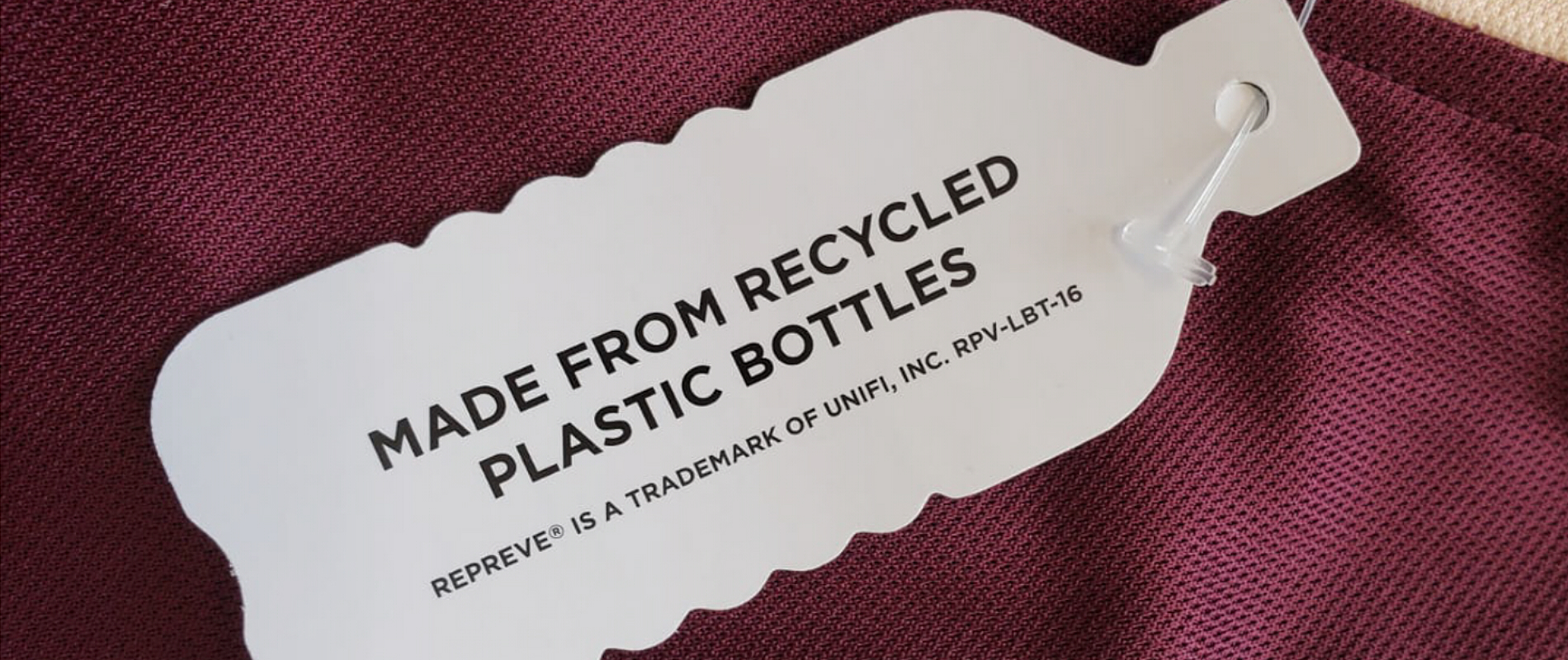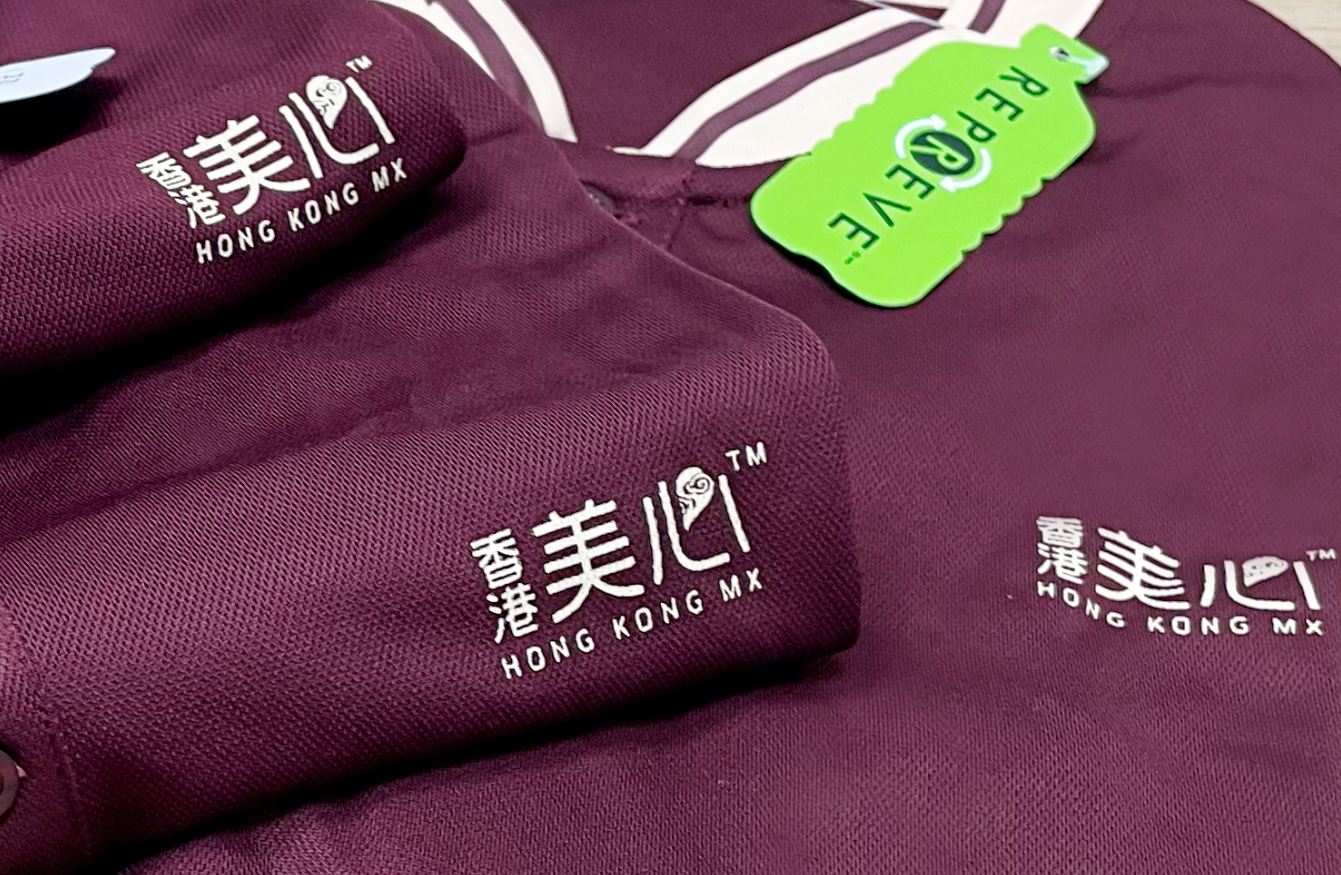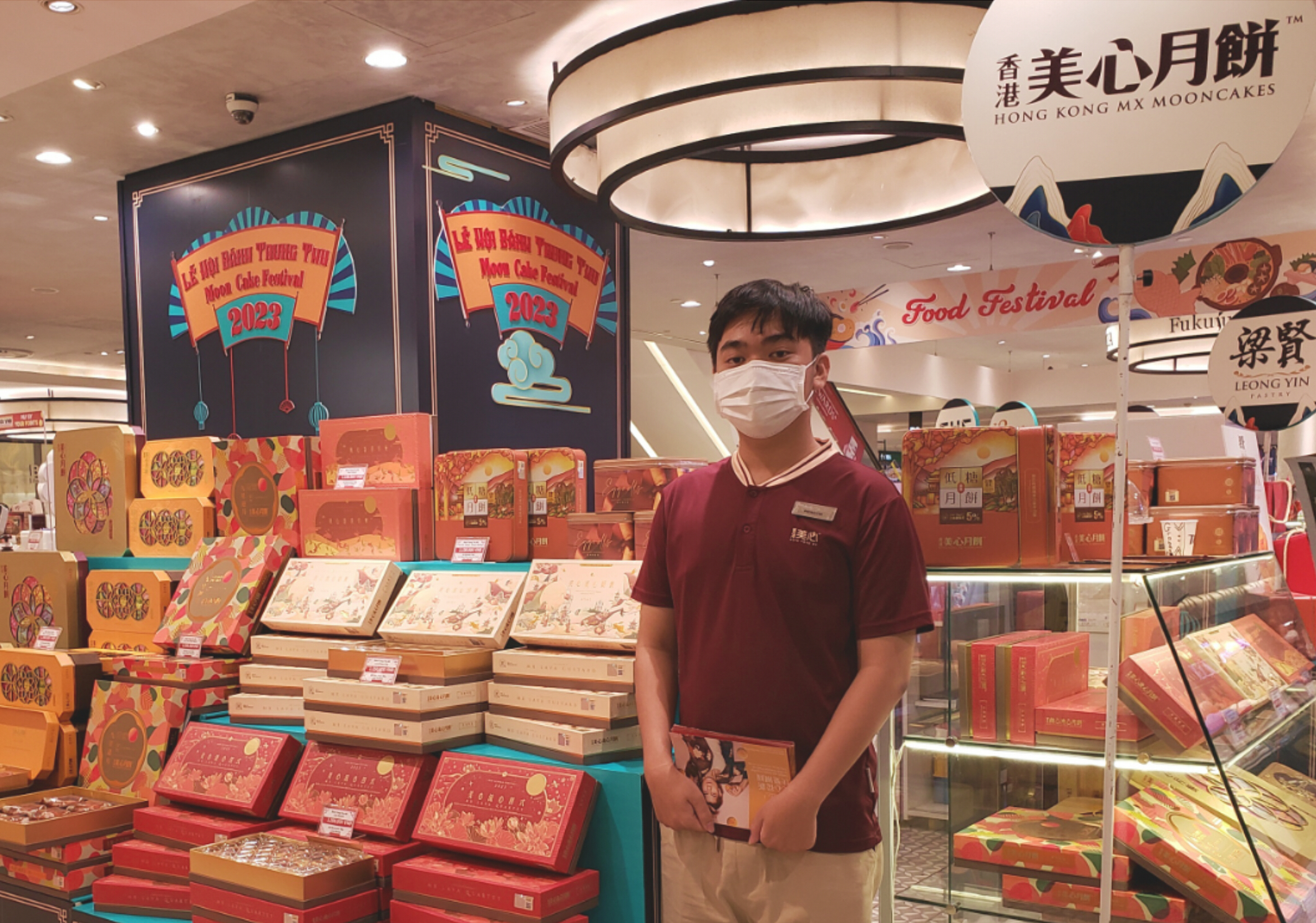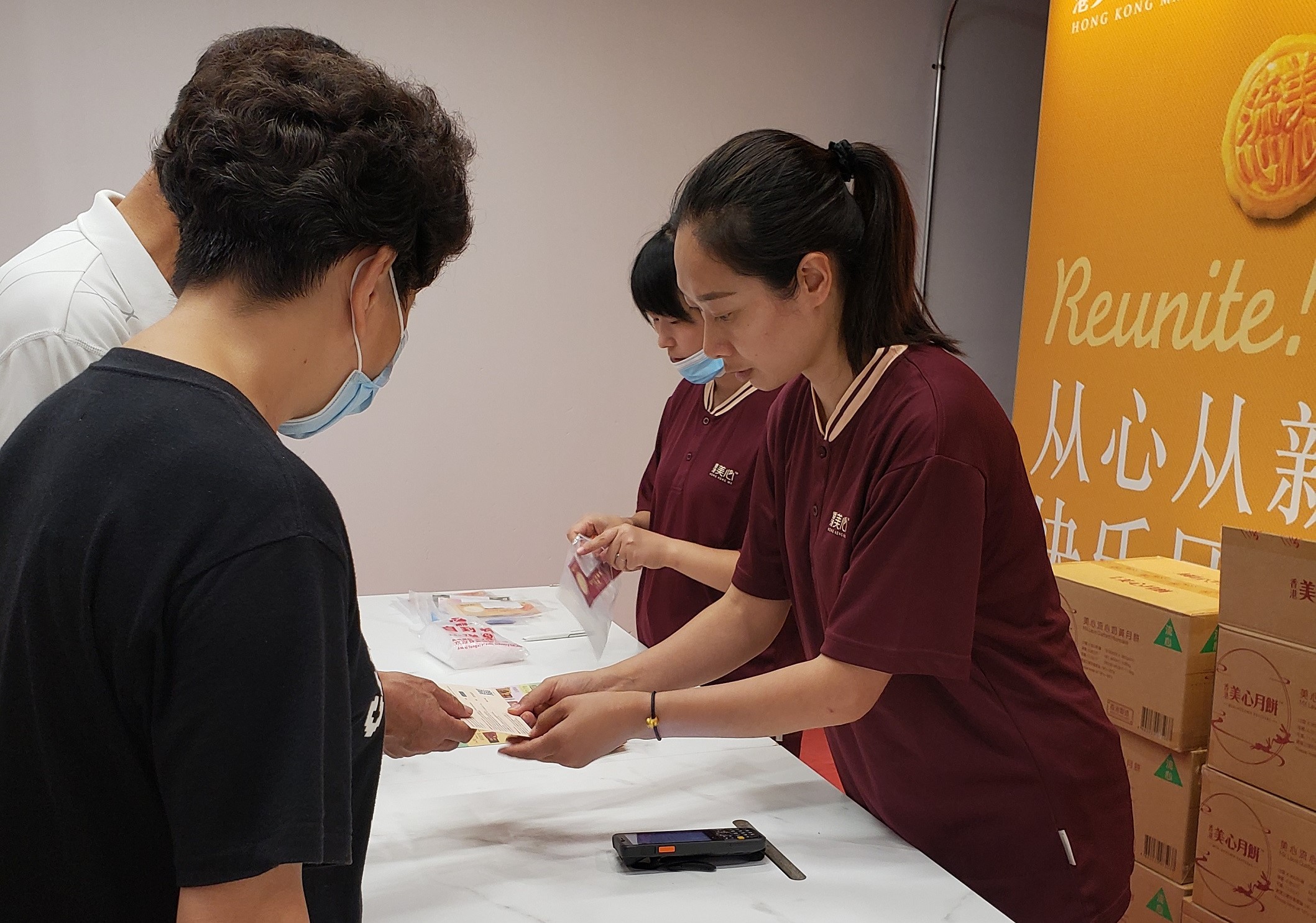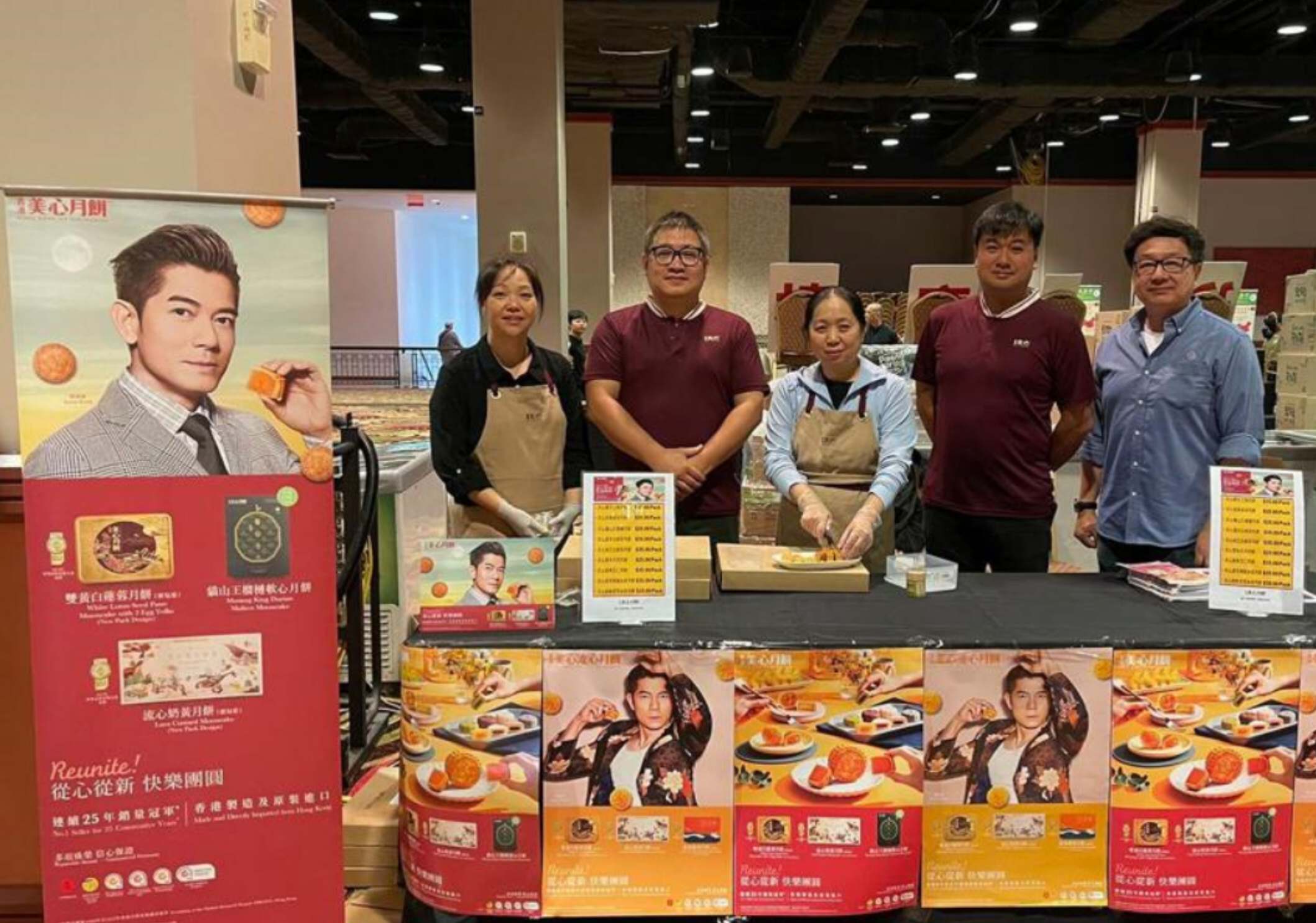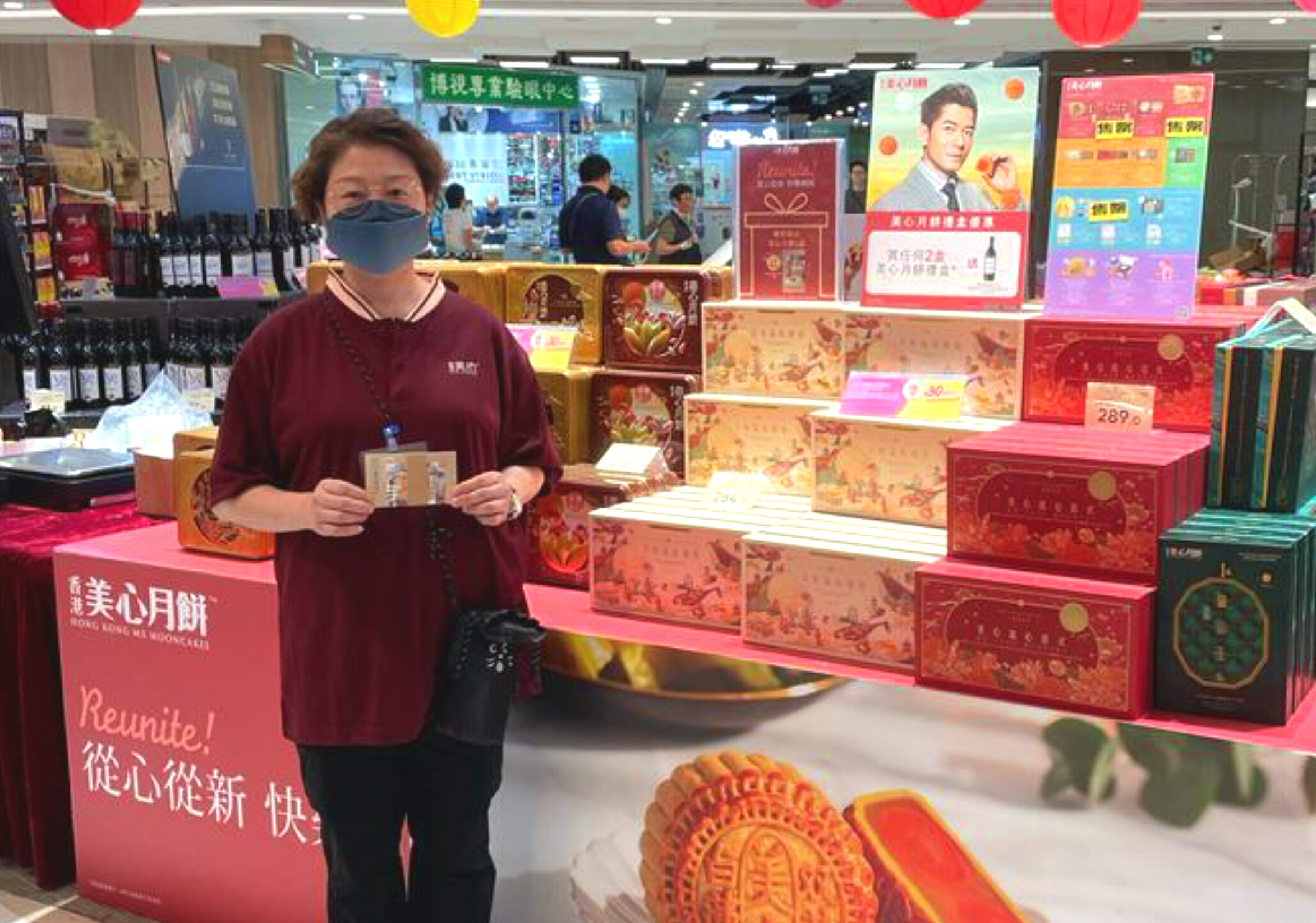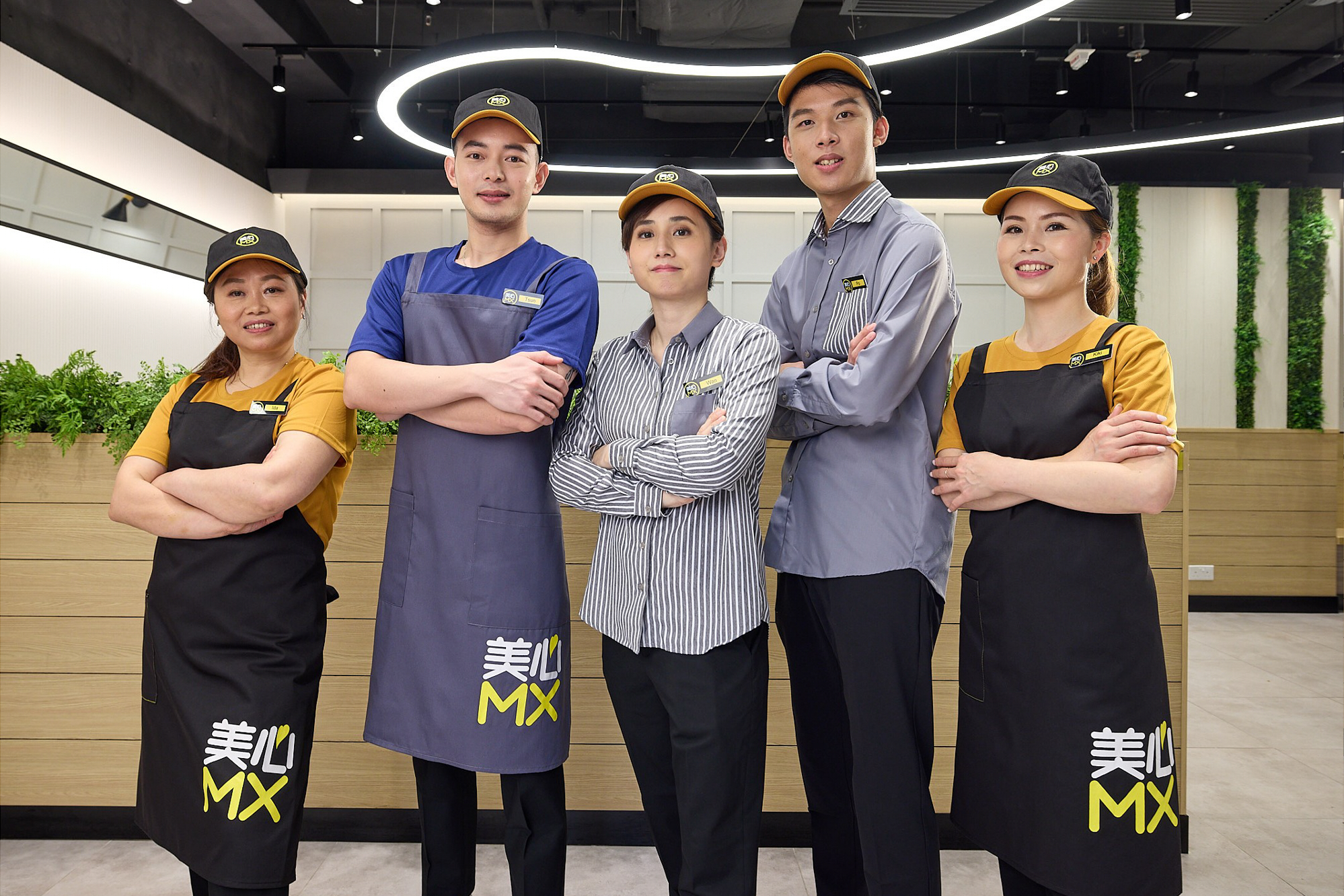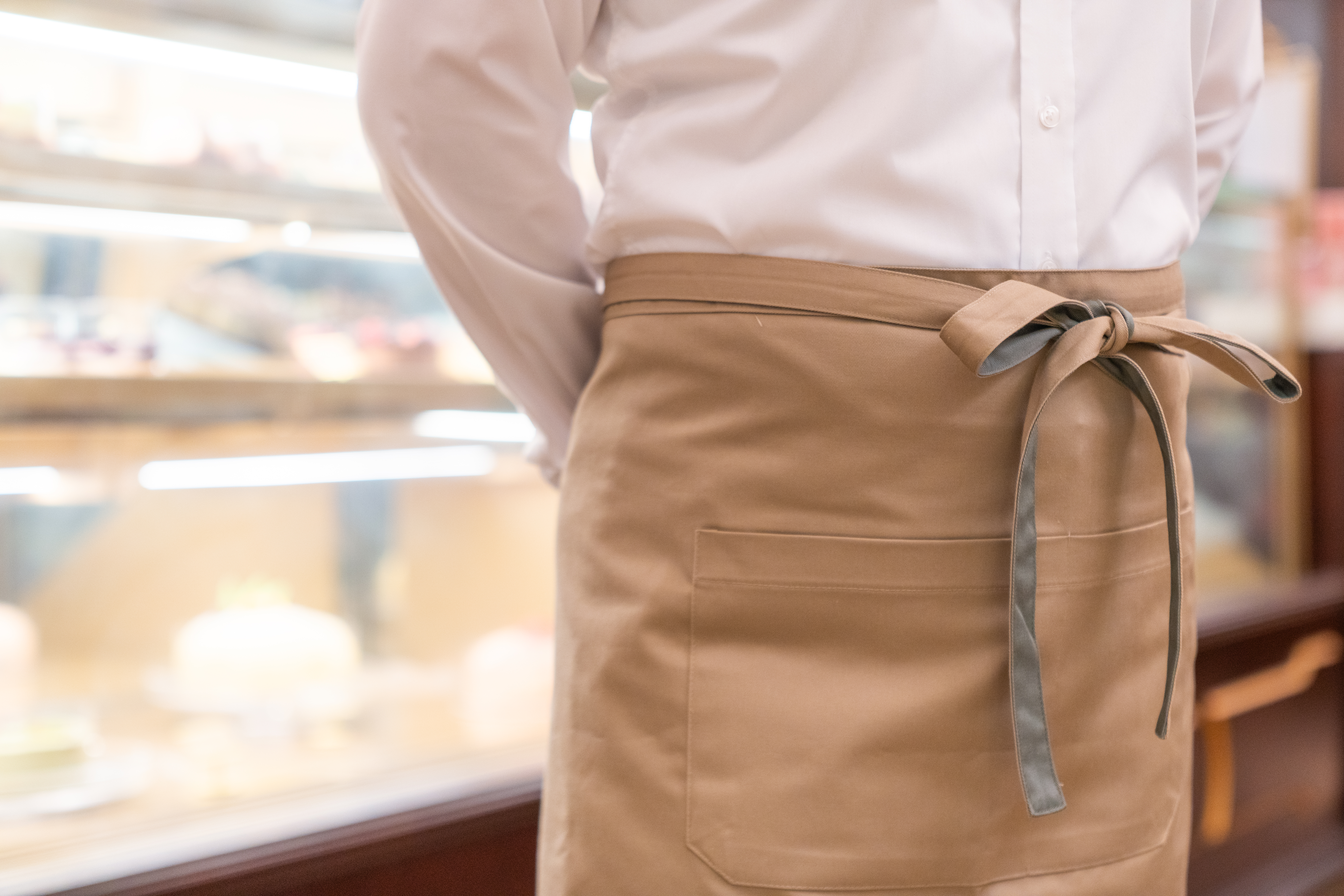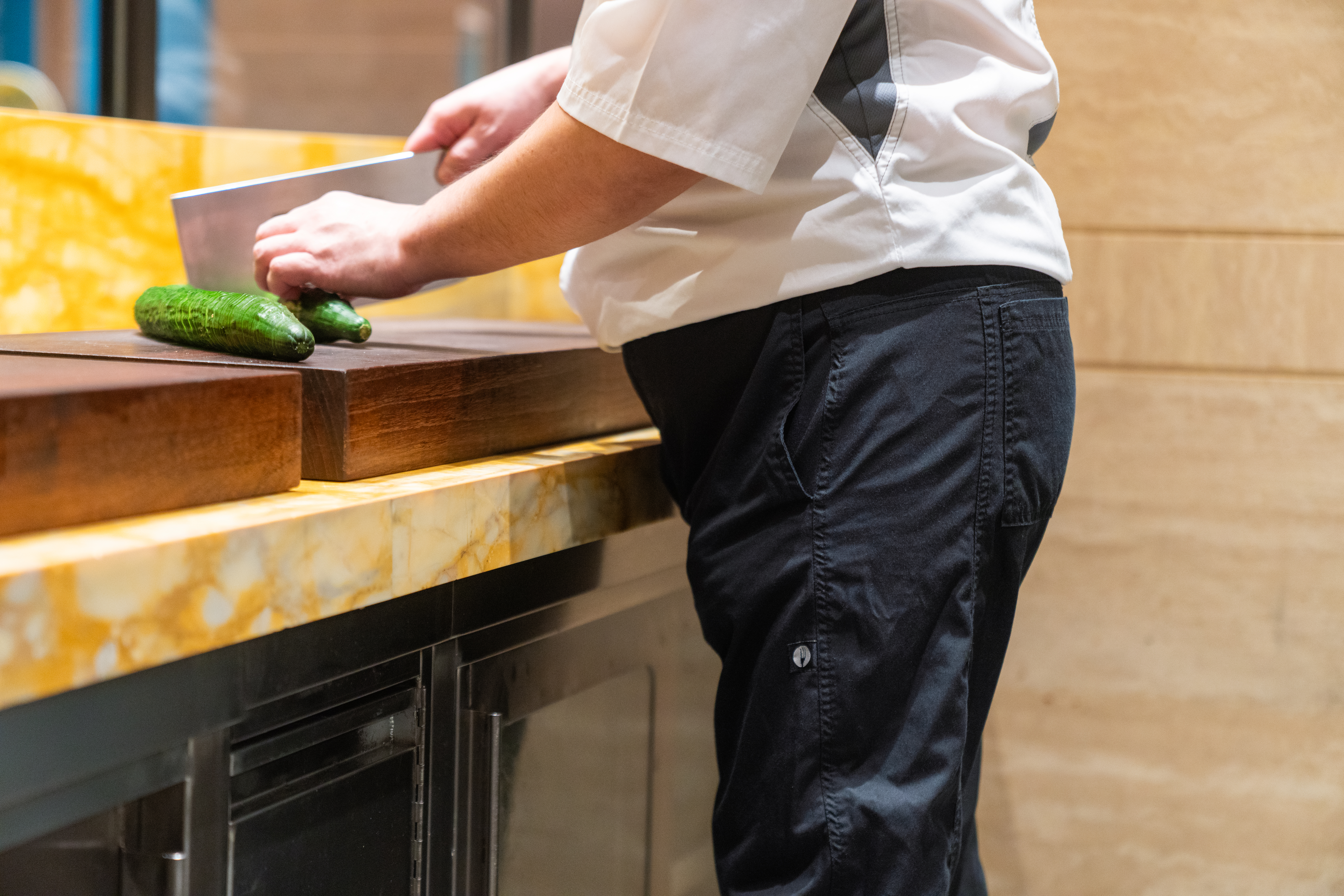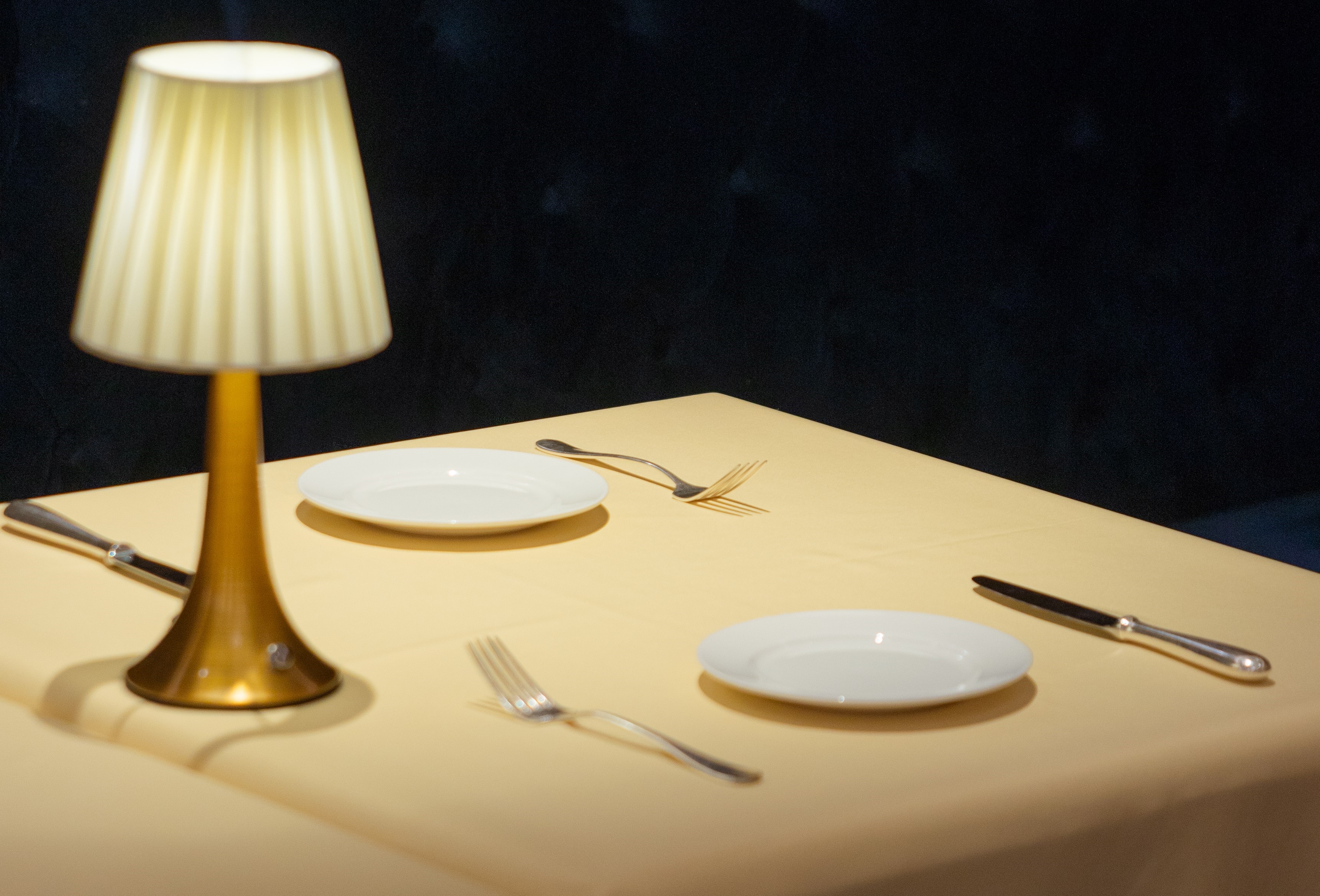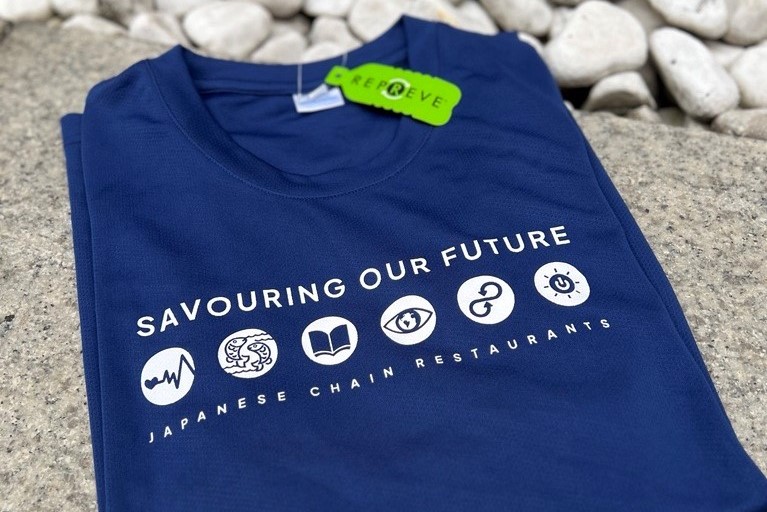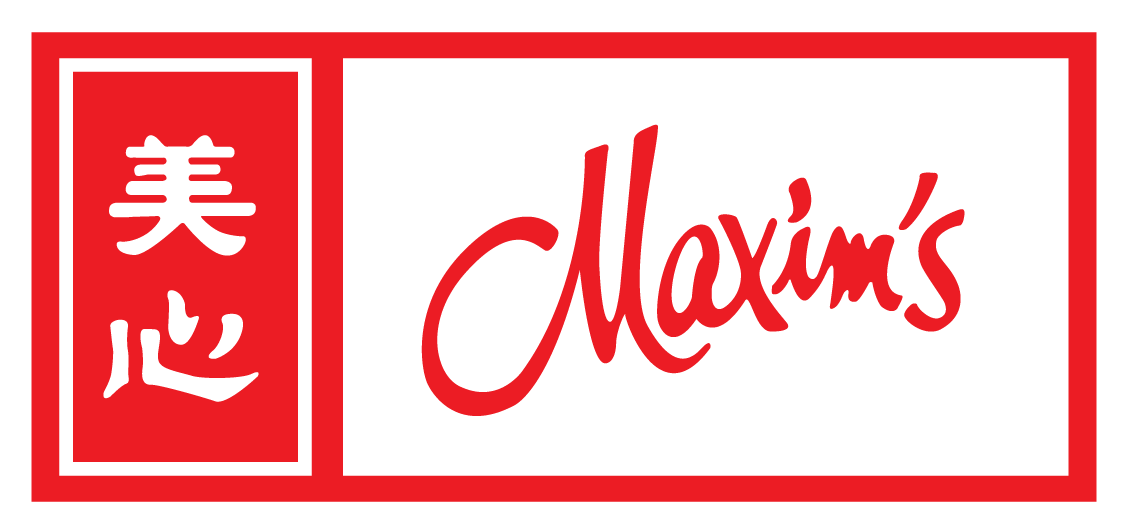Maxim’s Group's Surplus Bread Donation Program has donated more than 5.8 million surplus bread.
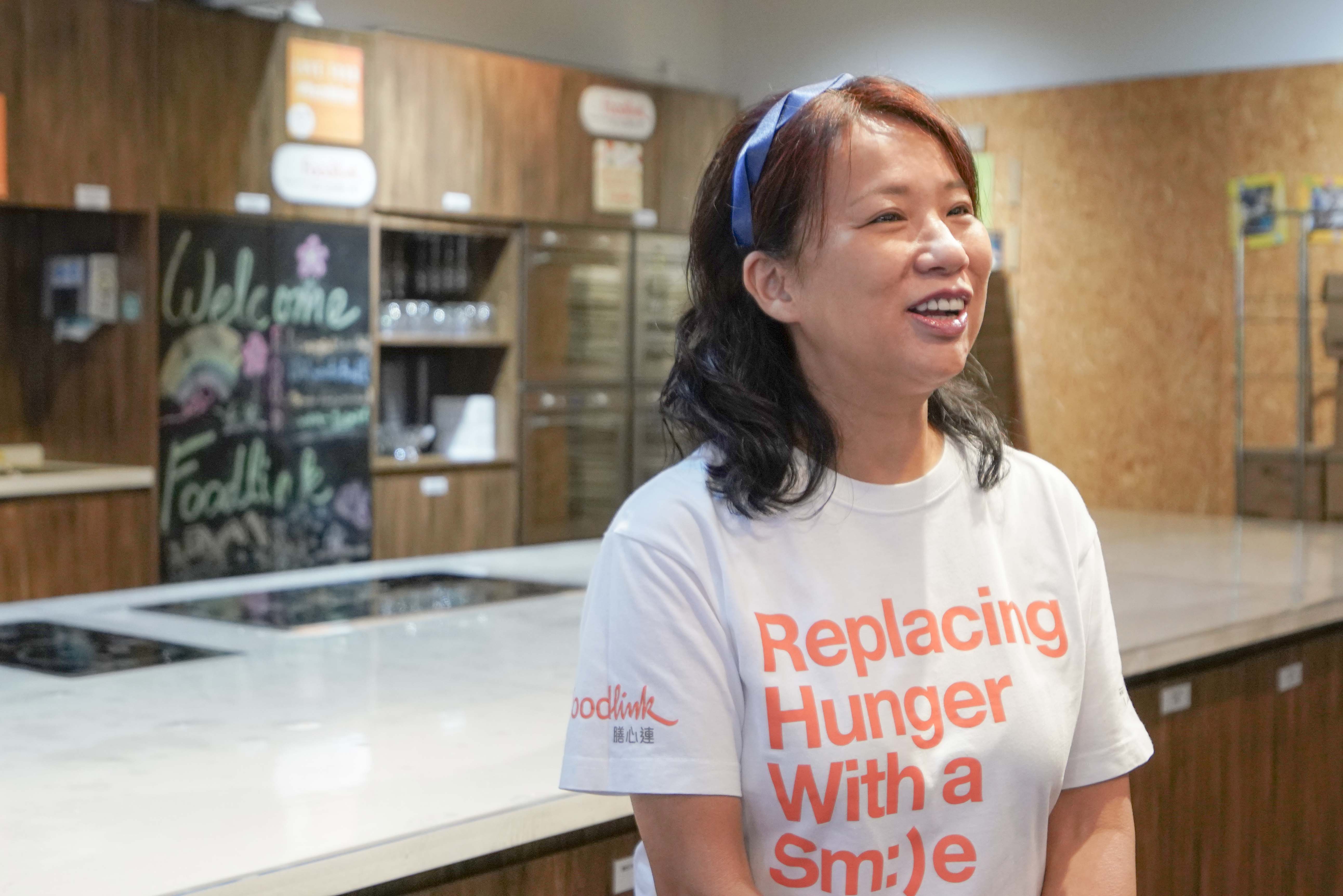
The Foodlink Foundation is one of the founding members of Maxim’s Group’s “Surplus Bread Donation Program”. In 2009, surplus food donation is still premature in Hong Kong, Maxim’s has pioneered to partner with food banks like Foodlink to start donation of surplus bread. It was not an easy start, considering the stringent quality control measures in selecting the suitable products for donation, evaluating the storage facilities of the food bank, and recruiting volunteers to pick up the surplus bread. However, with the collaborative effort of many different partners, all the challenges were tackled in 9 months’ time. And now, everyday we have volunteers collecting surplus bread from over 250 Maxim’s Cakes and Arome shops, donating to the needy and reducing food waste.
During a charity visit, Aurea Yung, Head of Operations of Foodlink Foundation saw an elderly appeared to be very excited after getting her bread. "I found out that she was given a sweet potato bread. It turned out that she has always wanted to try it, but she just could not afford it." Aurea was shocked that a bread could make a big difference. "Another memorable incident took place on a hot day in July, I saw a mother taking a child to the center to collect bread. The two of them were sweating a lot and they looked exhausted. She walked in the heat for 20 minutes just to save money.”
In addition, many ethnic minority students did not receive money from parents to buy breakfasts, some of them did not even have dinner, and fainted when they went to school the next day. We can clearly see that there are still some people in society who can't even afford a single piece of bread. This is a great opportunity to teach children the concept of cherishing food.”
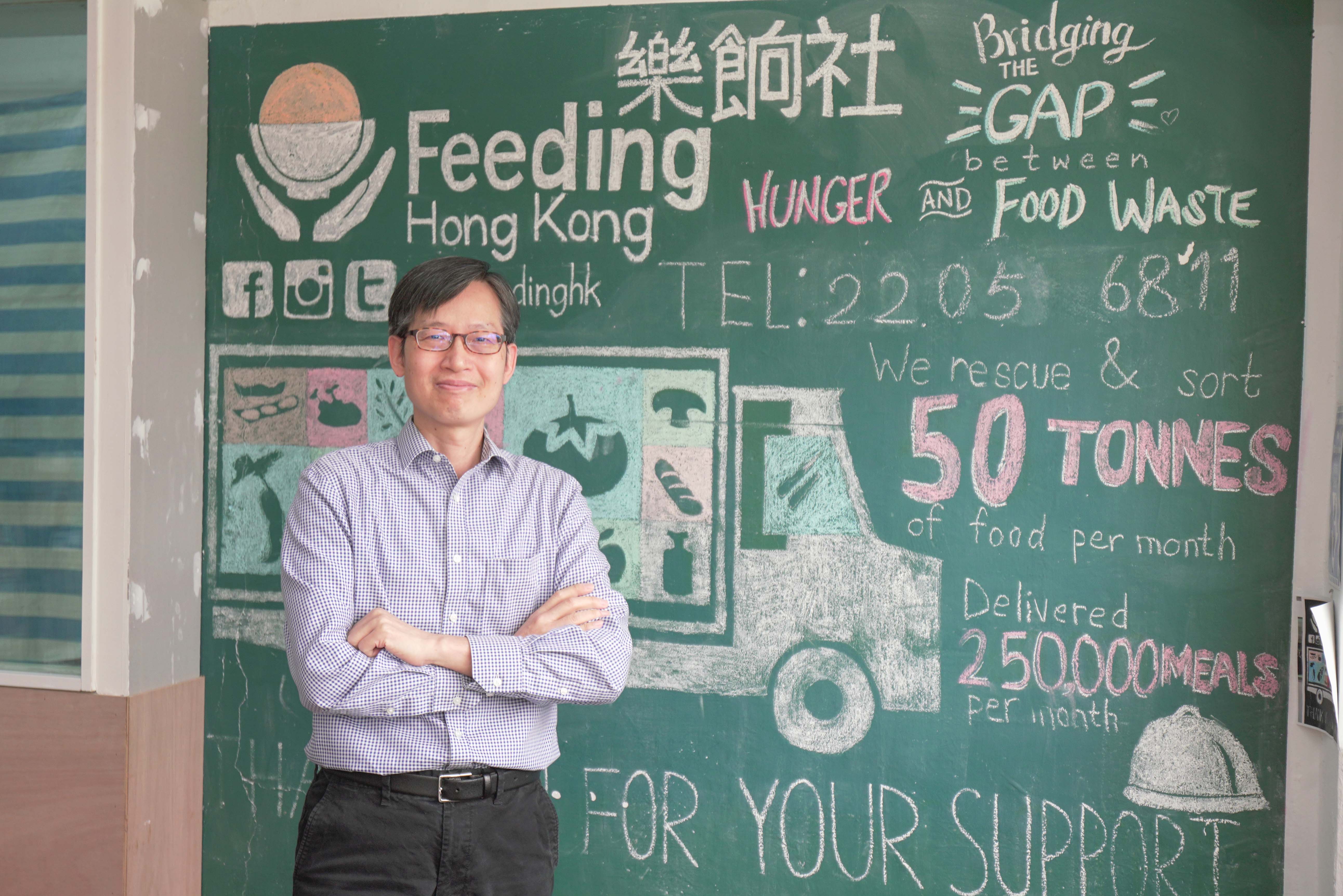
“One night, we saw a bakery in the neighborhood threw a tray of perfectly edible bread into the trash can. At that moment, we decided to rescue them immediately and donate the bread to a Asylum center." That night just marked the beginning of our mission of saving food. Leung Kin Fai, Project Director of Feeding Hong Kong, shared with us that he worked with Maxim's to study how to rescue surplus bread, with particular emphasis on food safety.
Edmond stressed that there are more and more corporations willing to contribute. "Maxim’s Group’s Surplus Bread Donation Program is still very popular, especially when parents encourage their children to participate for educational purpose. We will continue to make more people aware of food waste and cherish food together.”
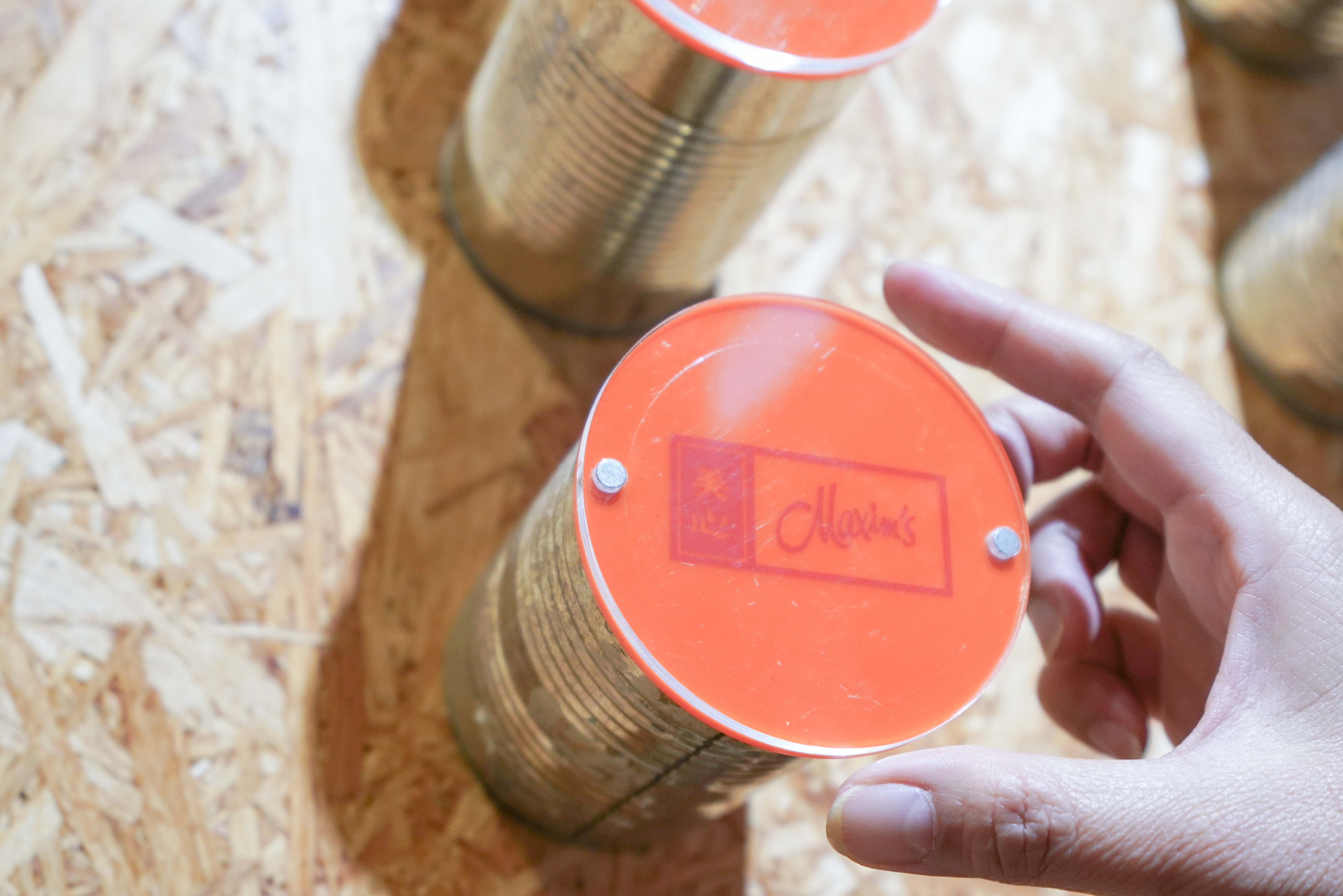
Aurea believes that in addition to collecting surplus, it is very important to know how to properly handle and distribute them to those in need. Otherwise it will be "secondary food waste”.
Aurea said that during the pandemic, business has been disrupted, resulting in a drop of 80% in food donations. At the same time, due to the rise in unemployment, the number of requests for help has continued to increase. "We have to come up with new solutions. One of them is to provide frozen food packs. After cooking the food, vacuum it and put it in the refrigerator, so that service users can take it home and reheat it."
Through Maxim’s Group’s Surplus Bread Donation Program, we make every piece of bread count.


